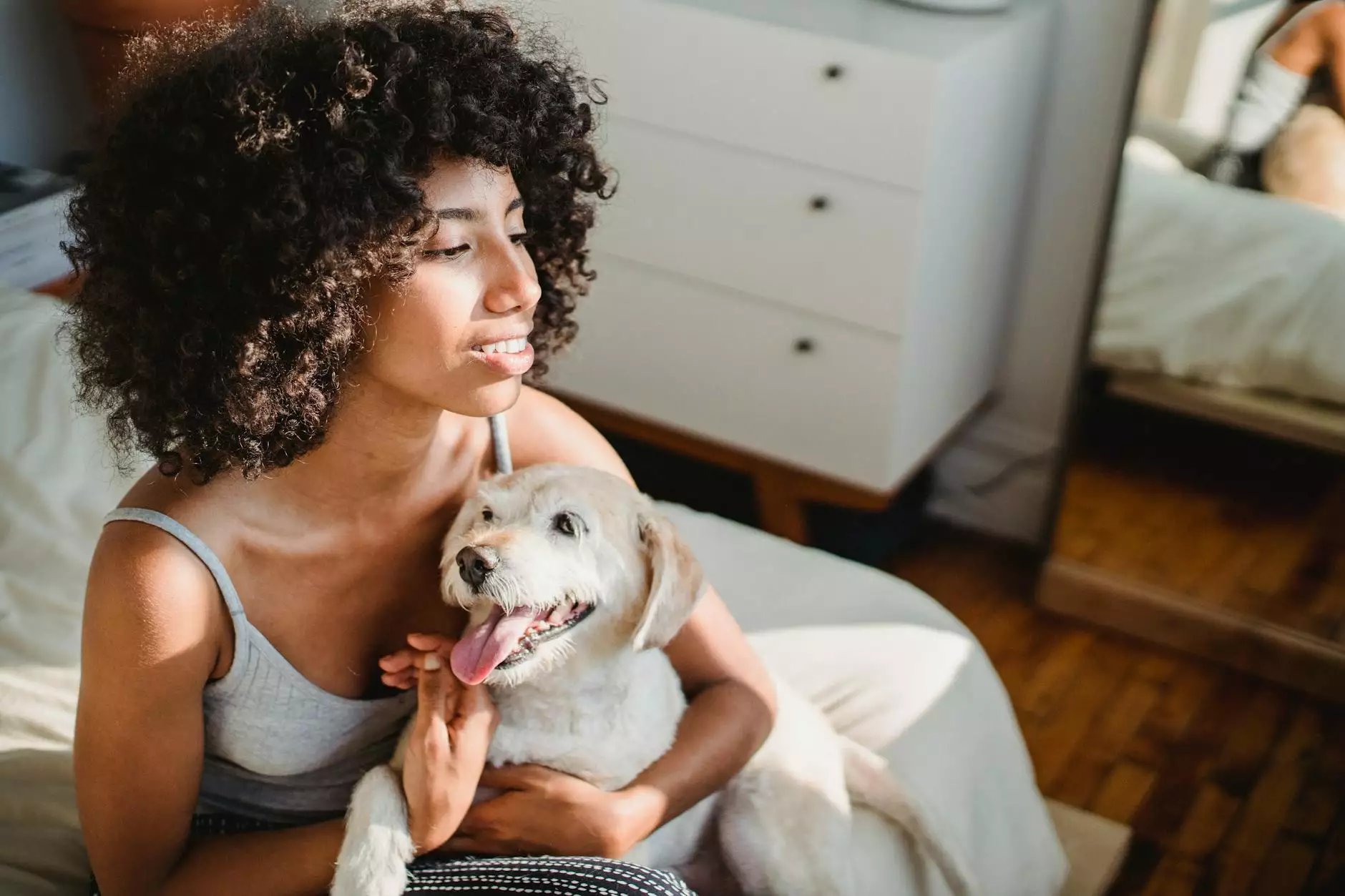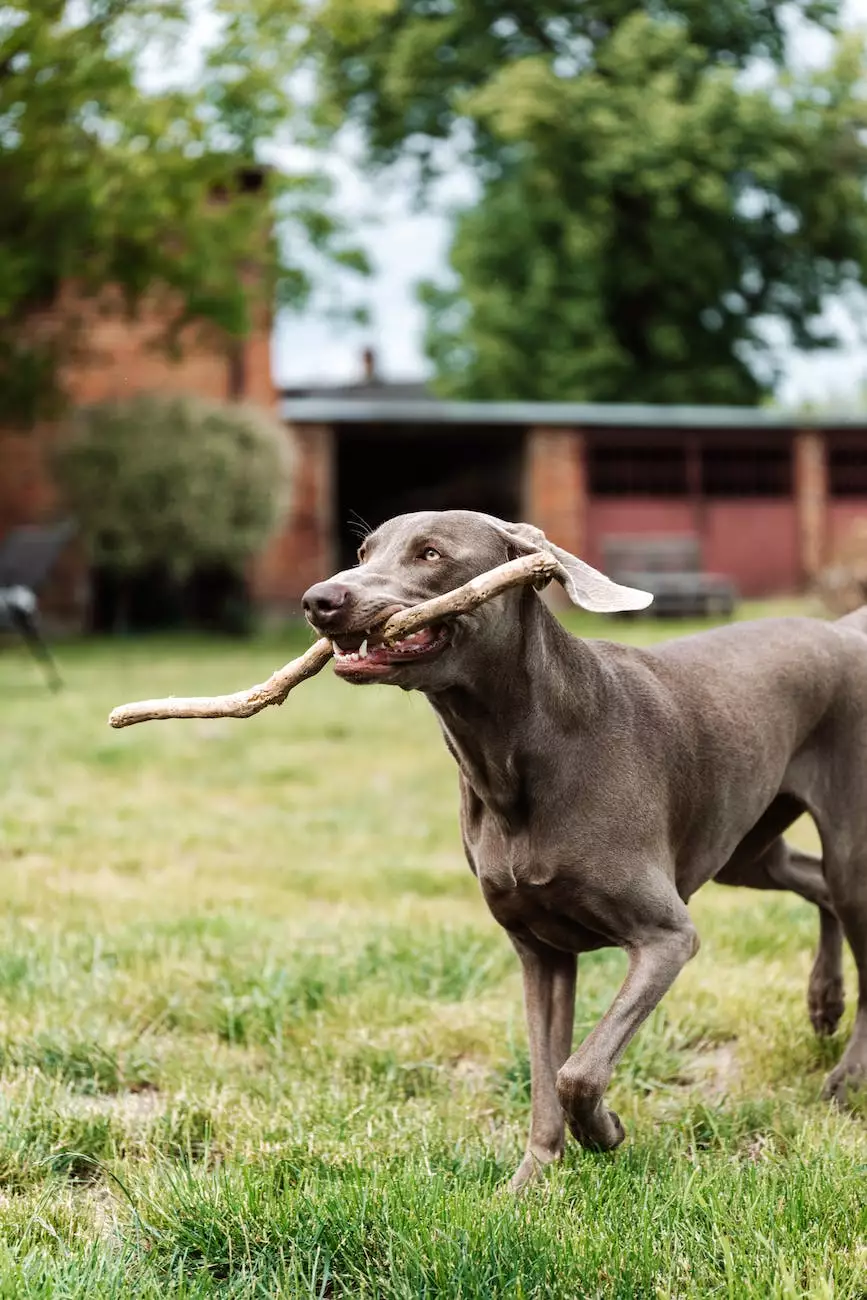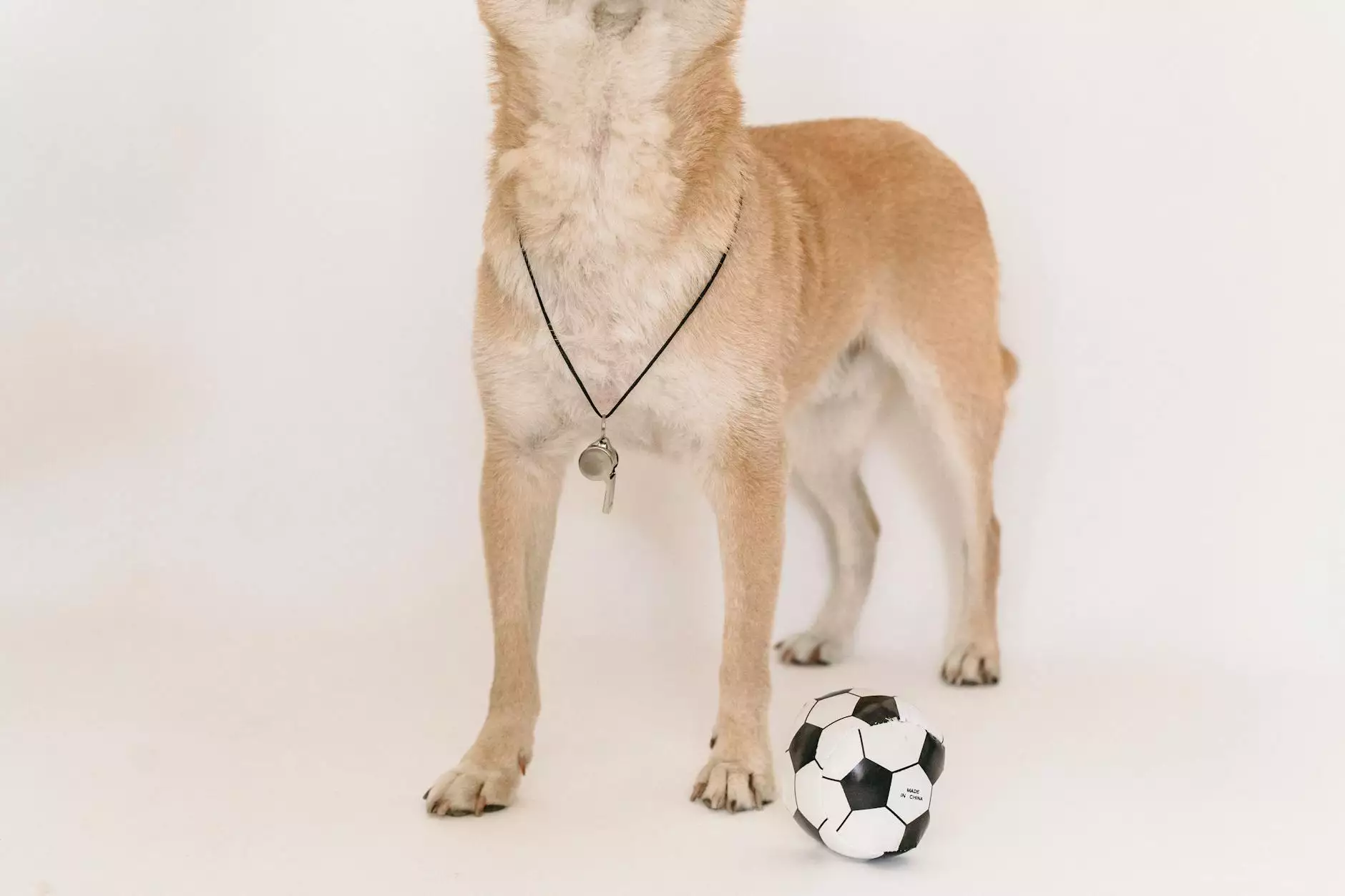Tips & Tricks to Teach Your Dog to Avoid Barking
Training
Introduction
Welcome to The Upbeat K9, your ultimate resource for all things dog training. If you're tired of dealing with your dog's excessive barking and are looking for effective tips and tricks to put a stop to it, you've come to the right place. Excessive barking can be a frustrating problem for dog owners and their neighbors, but with the right training techniques and a little patience, you can teach your dog alternative behaviors and promote a peaceful environment for everyone.
The Importance of Addressing Excessive Barking
Before we dive into the tips and tricks, let's briefly discuss why it's crucial to address excessive barking in dogs. Excessive barking can indicate underlying issues such as boredom, anxiety, fear, or territorial behavior. It can also strain relationships with neighbors and negatively impact your dog's overall well-being. By teaching your dog to avoid barking excessively, you're not only improving their behavior but also promoting a harmonious and stress-free environment for both you and your dog.
Understanding the Root Cause
When dealing with excessive barking, it's essential to understand the root cause. Dogs may bark due to various reasons, including seeking attention, boredom, fear, territorial instincts, or even pain and discomfort. By identifying the underlying cause, you can tailor your training approach to address the specific issue your dog is facing.
Consistency and Positive Reinforcement
Consistency is key when training your dog to avoid excessive barking. Make sure to establish clear rules and boundaries from the start and reinforce them consistently. Positive reinforcement is a powerful tool in dog training. Rewarding desired behaviors such as quietness and redirecting their attention away from barking will help your dog understand what is expected of them.
Provide Mental and Physical Stimulation
Dogs need both mental and physical stimulation to stay happy and avoid boredom-related barking. Ensure your dog gets enough exercise and playtime to release pent-up energy. Additionally, engage their minds through puzzle toys, obedience training, and interactive games. A tired and mentally stimulated dog is more likely to relax and bark less.
Redirecting Focus
One effective technique is to redirect your dog's focus when they are about to bark excessively. Teach them a "quiet" or "enough" command and reward them when they follow it. Use positive reinforcement to redirect their attention to an alternative behavior, such as sitting or laying down. This way, you're providing them with an alternative to barking and teaching self-control.
Desensitization and Counterconditioning
Desensitization and counterconditioning can be valuable techniques for dogs with anxiety or fear-related barking. Gradually expose your dog to the triggers that cause them to bark excessively while pairing those triggers with positive experiences. Over time, your dog will learn to associate those triggers with positive feelings rather than anxiety or fear, reducing their inclination to bark excessively.
Seek Professional Assistance
If you're struggling to curb your dog's excessive barking despite your best efforts, it may be beneficial to seek professional assistance. Professional dog trainers, like The Upbeat K9, have the knowledge and expertise to assess your dog's behavior, identify the underlying causes, and develop a tailored training plan. With their guidance and support, you can overcome the challenges of excessive barking and strengthen your bond with your furry friend.
Conclusion
Excessive barking can be a challenging issue to address, but with patience, consistency, and the right training techniques, you can successfully teach your dog to avoid barking excessively. Remember to understand the root cause, provide mental and physical stimulation, redirect their focus, and consider seeking professional assistance when needed. At The Upbeat K9, we specialize in dog training and offer comprehensive services to help you overcome behavior problems and build a harmonious relationship with your beloved pet. Contact us today for personalized guidance and start enjoying a peaceful and quiet living environment with your furry companion!









